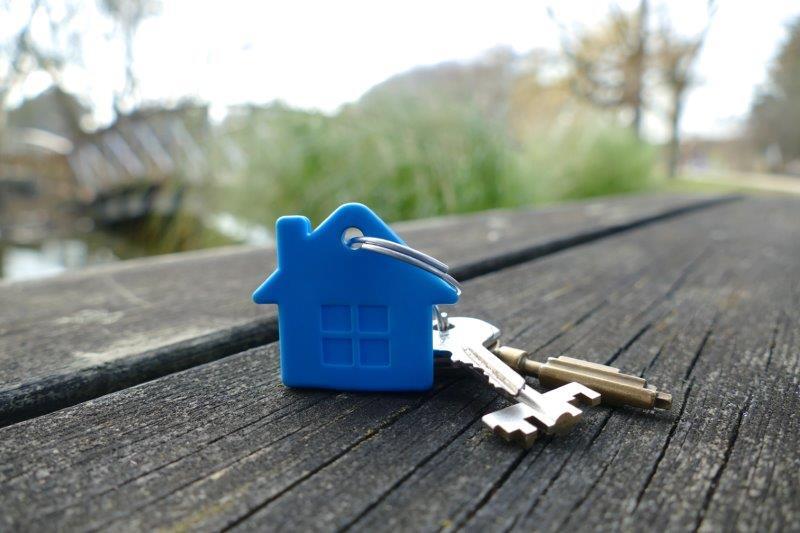This page has been automatically translated. Please refer to the page in French if needed.
Owners' rights
What protections for landlords who are victims of squatters or unpaid rents?
Publié le 18 octobre 2023 - Legal and Administrative Information Directorate (Prime Minister)
The law of 27 July 2023 to protect dwellings from unlawful occupation has created new offenses, including against tenants in default of rent who remain in their dwellings after a final eviction order. Service-Public.fr reminds you of the main provisions.

Following the adoption of the Law of 27 July 2023, all rental contracts signed since 29 July must include an automatic termination clause in the event of non-payment of rent or charges, or in the event of non-payment of the security deposit.
A landlord can ask a justice commissioner to issue an order to pay to a tenant in default. On the document given to the tenant, it must be indicated in particular the sums that are claimed from him. The tenant then has 6 weeks to pay the amounts due. If the landlord does not repay the debt and does not dispute the amount of the debt, the landlord can refer the matter to the protection litigation judge to find that the lease is terminated and order the eviction of the tenant.
If a tenant stays in a dwelling for more than 2 months after a final eviction order, which resulted in a regular order to leave, they can now be sentenced to €7,500 of fine. This penalty does not apply during the winter break, or if the tenant receives a decision to stay the eviction.
Please note
the law of july 27, 2023 shortened the time available to a tenant to pay the sums demanded after an order to pay: previously, he had 2 months to repay his debt; now, he must do it at the maximum 6 weeks after command to pay.
Tougher Punishment for Squatters
Punishments for squatters are now greater: Unlawful entry into a person’s home is punishable by up to 3 years in prison and €45,000 a fine (compared to 1 year in prison and a €15,000 fine); and occupying the house is punishable by the same penalties.
Furthermore, the Law of 27 July 2023 clarified the criminal definition of domicile: ‘a person's domicile is any dwelling place containing movable property belonging to him, whether or not that person lives there and whether or not it is his principal residence’. Secondary residences are therefore also concerned by the offense of violation of domicile.
Reminder
for squatters, the winter truce does not apply. Their forced evacuation can take place throughout the year.
Please note
a tenant who stays in a dwelling after the end of the lease and without the owner's agreement is not a squatter. The same applies to a person who refuses to leave the premises after being accommodated there by the person living there.
Additional topics
Service-Public.fr
Service-Public.fr
Service-Public.fr
Agenda
Apprentissage
Jusqu'au 17 mai 2024
Publié le 03 mai 2024
Impôts
À partir du 11 avr. 2024
Publié le 11 avril 2024
Prévention Covid-19
À partir du 15 avr. 2024
Publié le 18 mars 2024
Calendrier scolaire
Du 6 avr. au 12 mai 2024
Publié le 15 mars 2024

